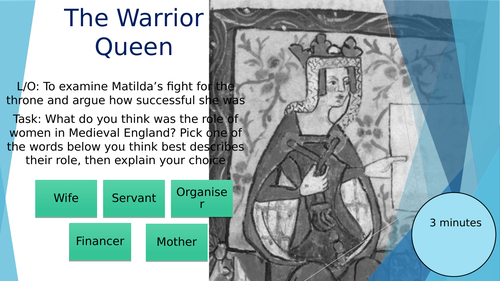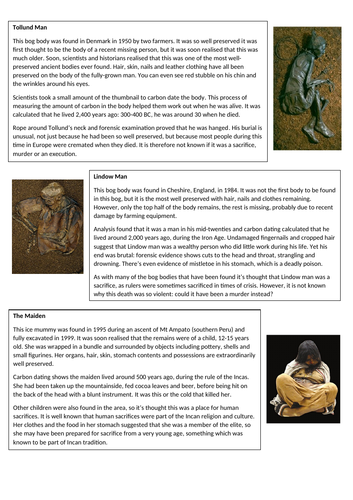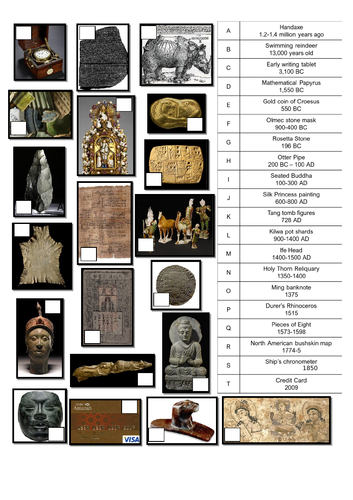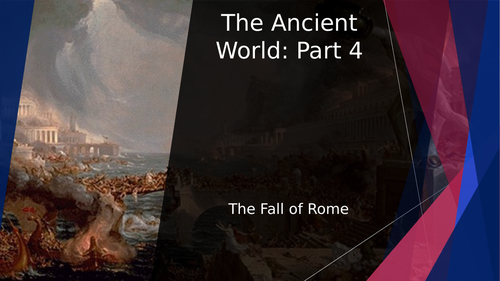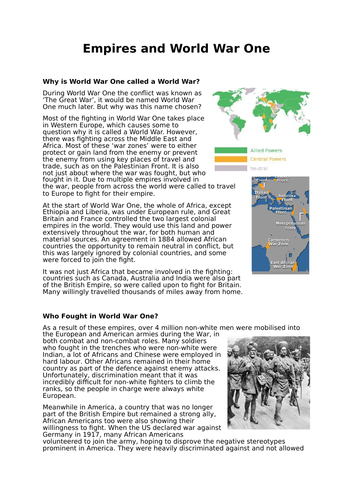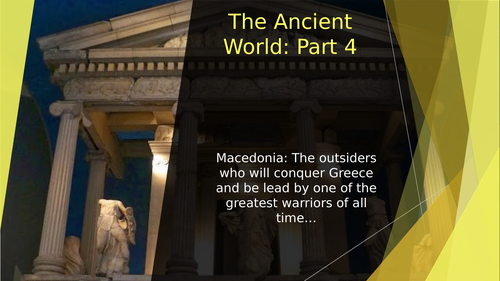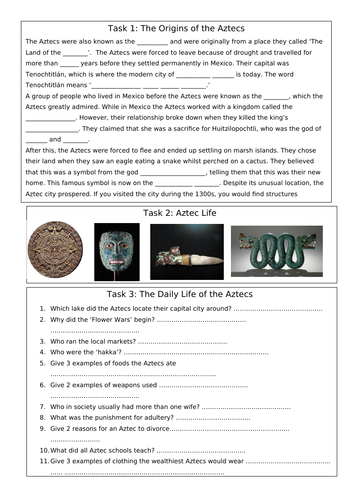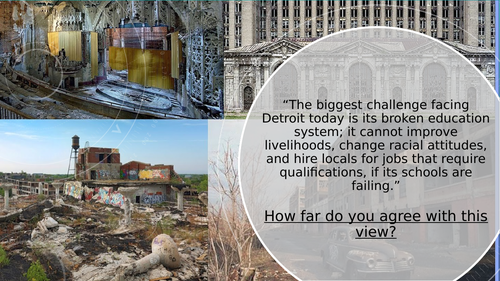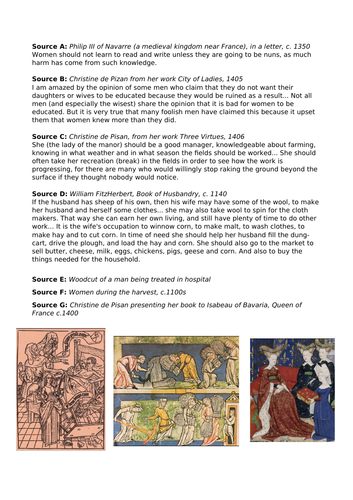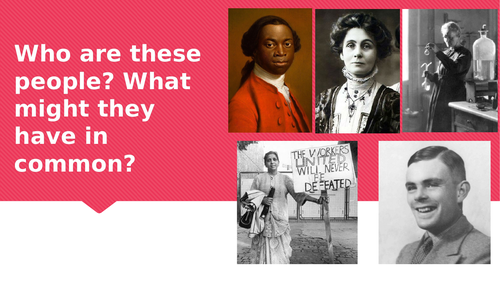Geography & History Around the World: Nicola's Shop
I love history, teaching and creating lessons, particularly on challenging misconceptions and covering global topics. I have a PGCE in History but during my teacher career have also taught Geography up to KS5. Outside of teaching, my passion is the Ancient Near East, which I studied at University. My Tes lessons therefore cover a range of topics: from ancient Mesopotamia, to medieval women, to the water cycle.



